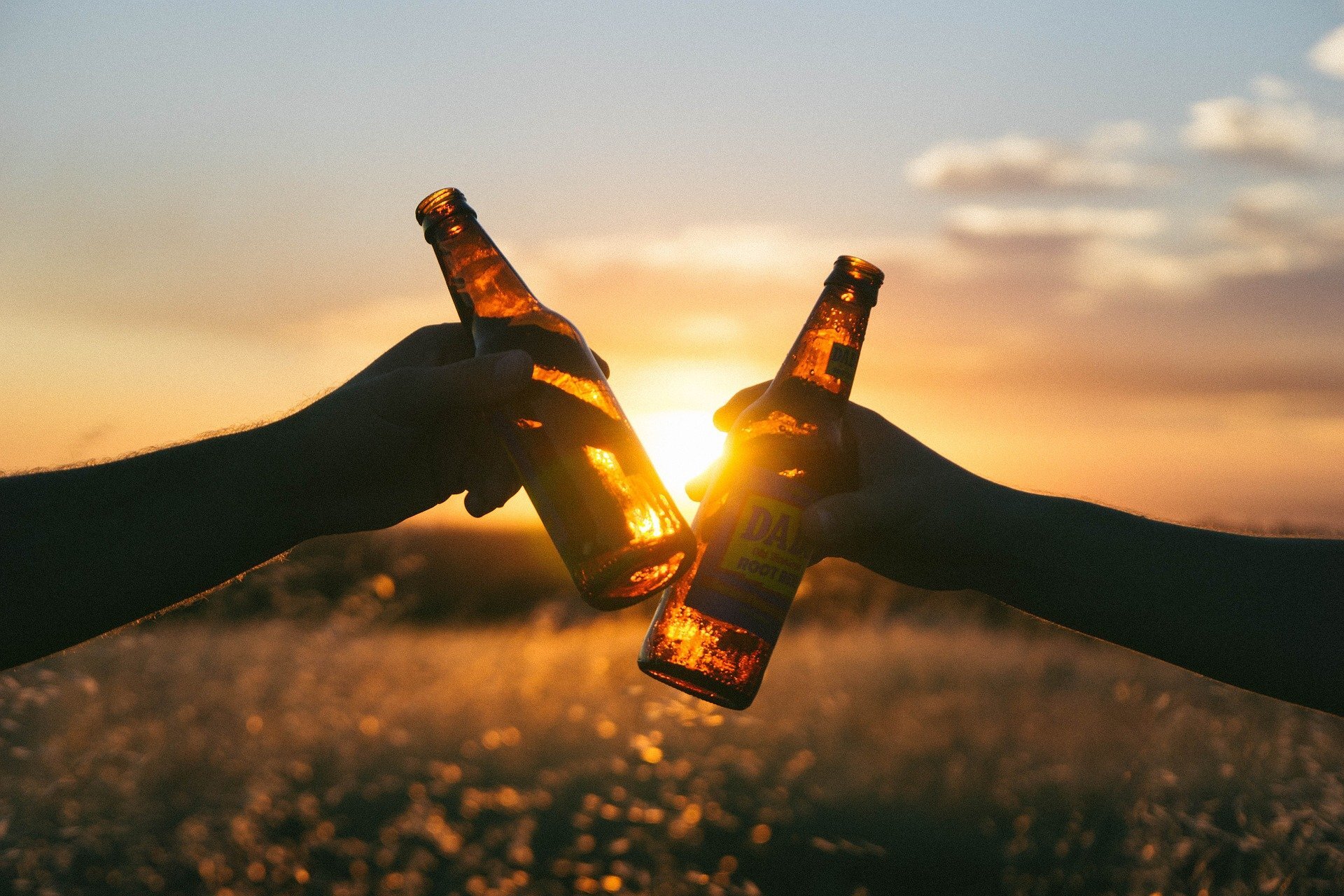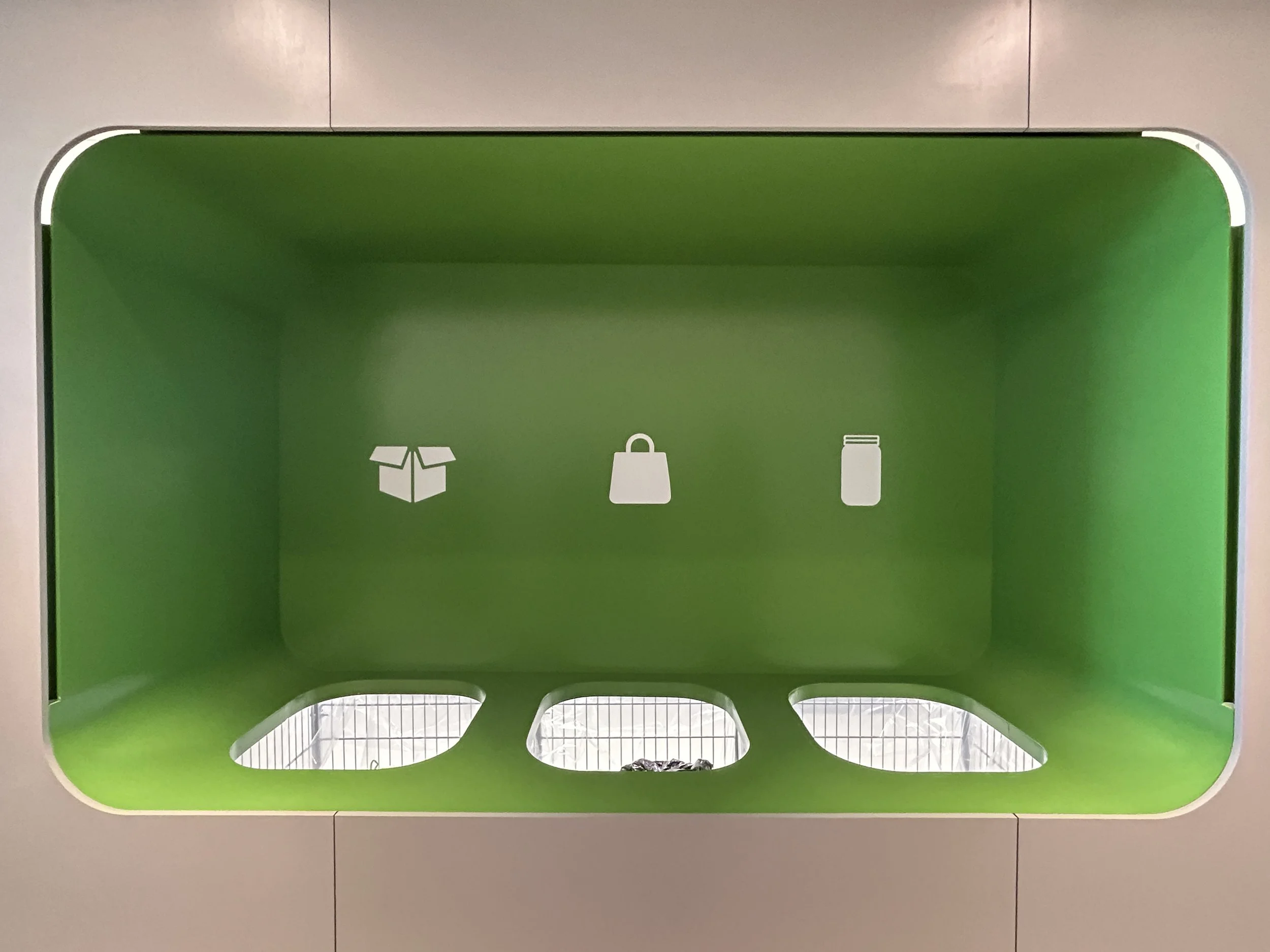Deposit-return systems & refillable containers
Societies and businesses have been using deposit-return systems since the invention of packaging. Today, they play a valuable role in preventing litter, boosting collection for reuse and recycling, and preserving the value of packaging materials.
For over a century, consumer brands have sold their products in reusable/refillable containers that they took back to be washed and reused. To encourage participation, they would charge their customers a deposit to be refunded when the container was brought back.
Beer and soda companies invented modern container deposit-return systems in the late 19th and early 20th centuries, when they started mass-marketing beverages in glass bottles that were collected, washed and reused.
Today, many industries use deposit-return systems. From local dairies that sell milk and yogurt in reusable glass bottles to cafes that “rent” reusable to-go coffee cups, deposits — both voluntary and mandatory through policy — are an important tool in accelerating the reuse economy.
Deposit-return systems (DRSs) are critical policy tools to bring back and expand reusable beverage containers.
Deposit-return systems are behavior-rewarding incentive initiatives.
DRS programs are a proven, effective approach for recovering containers for reuse and recycling.
Cash refunds have been the most widely used tool to incentivize consumers to return used packaging, but producers may introduce other kinds of incentives that are just as effective in meeting environmental targets.
Deposits work (period).
Fifty years of data on container-deposit laws for beverage containers in the United States demonstrate that refundable deposits are remarkably effective at:
Boosting collection and recycling rates
Creating local economic development opportunities and jobs
Generating clean streams of materials through source-separation, and
Preventing roadside litter and plastic pollution.
DRS laws (e.g. “bottle bills”) are the most effective tool to prevent plastic pollution from soda and water bottles.
Beverage containers comprise 40 to 60% of litter in the United States.
Following the implementation of bottle bills in various states, container litter has been reduced by 70 to 85%, while total litter has been reduced by 35-65%.
Bottle bills were initiated in the 1970s to prevent roadside litter from beverage containers. Today, 10 states have DRS laws in place.

The average container recycling rate in bottle bill states is 80%, compared to 28% for non-bottle bill states.
Deposit-return systems can be used to expand reusable beverage containers.
From glass beer bottles, to durable plastic soda bottles, to stainless steel coffee cups, reusable beverage containers can be washed and reused dozens of times, which helps avoid extraction of all the natural resources — the trees, oil, water and energy — it takes to make, distribute and dispose of single-use products.
Reuse systems also offer economic benefits in terms of material cost savings and job creation, which are multiplied with each reuse.
Bottle bills can accelerate the adoption of reusable beverage containers by including targets for reusable containers (e.g., 30% of beverages sold must be in reusable containers), and requiring beverage redemption centers to collect and redistribute reusable containers.
With renewed momentum to update the 10 existing DRS laws in the US, we are already seeing more explicit incorporation of reuse.
It’s time for a national bottle bill.
We need all 50 US states to have deposit-return systems for beverage containers. DRSs prevent litter, achieve high recycling rates and preserve higher value materials (like PET soda bottles and aluminum cans).
A national DRS is the most effective tool to prevent plastic pollution from soda and water bottles, increase recycling, and accelerate reuse. If your state hasn’t passed a bottle bill yet, please visit www.bottlebill.org to get involved.
Resource Library
Scroll down (or click here) for relevant podcasts and articles.
-

Embracing Reuse in US EPR Packaging Programs
-

Defining "reuse" in EPR & DRS
-

Deposit Return Systems Accelerate Reuse
-

The New Reuse Economy: How the beverage sector’s re-embrace of refill will transform the industry
-

Policy Ladder to a Circular Economy
-

BottleBill.org central repository
-

reLoop: Global Deposit Book
-

reLoop Resources on DRS
-

Zero Waste Europe: Deposit Return Scheme Manifesto
-

Oceana: Just One Word: Refillables
-

Refillable bottle videos by Oceana
-

NSAC: America's Bottle Bill website
-

NSAC: Recycling Refund Webinar










Episode 141: Learn about how bottle bills work, how they catalyze reuse, and recent policy wins across the country, from the expert panelists on our latest installation of Indisposable Live®.